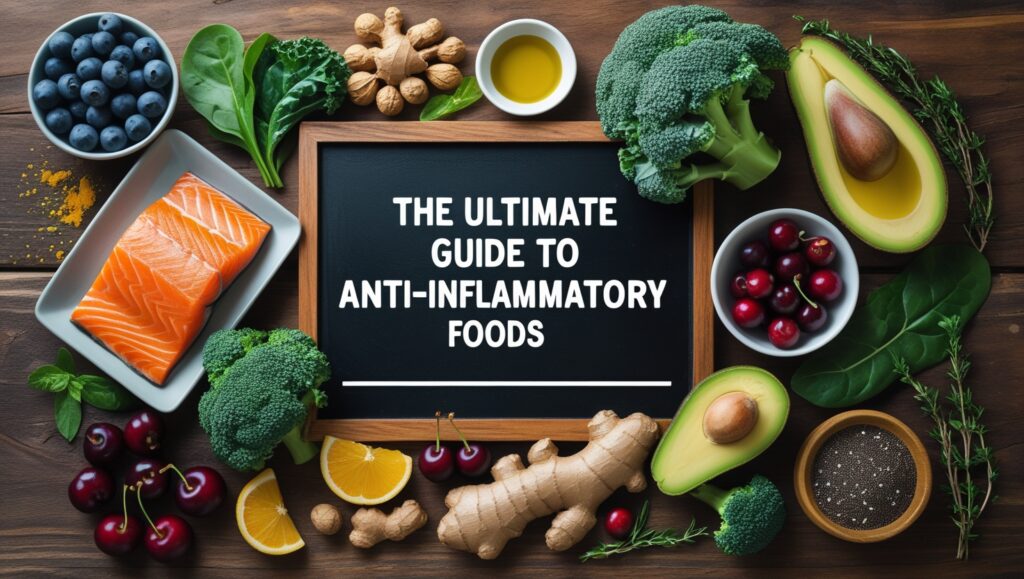
Your body uses inflammation as its protective response to fight both injuries and infections. Chronic inflammation progresses into severe problems, including heart disease, diabetes, and arthritis. Consumption of anti-inflammatory foods enables you to combat pain effectively.
What Is Inflammation?
Inflammation is a double-edged sword. On the one hand, it protects you from infections and injuries. On the other hand, unchecked chronic inflammation damages tissues and contributes to diseases. Inflammatory health conditions become worse due to three major factors: stress, lack of physical activity, as well as eating unhealthy processed foods.
How Diet Influences Inflammation
Certain foods either fuel or fight inflammation. Eating vegetable produce with natural polyphenols and fruits, along with consuming fatty fish, provides body protection from inflammation through their content of antioxidants and omega-3 fatty acids. Consuming sugary drinks together with refined carbs and fried foods has an inflammatory effect on the human body.
Top Anti-Inflammatory Foods to Eat
Studies have identified these foods as anti-inflammatory through scientific research:
1. Berries
Plenty of anthocyanins found in strawberries, raspberries, and blueberries work to decrease inflammation in the body while protecting against diseases.

2. Fatty Fish
Clinical studies demonstrate that salmon, along with mackerel and sardines, contain omega-3s, especially EPA and DHA, that minimize CRP inflammatory markers.

3. Broccoli
Broccoli contains sulforaphane, which acts as an antioxidant that blocks two main inflammatory agents, NF-κB and cytokines.
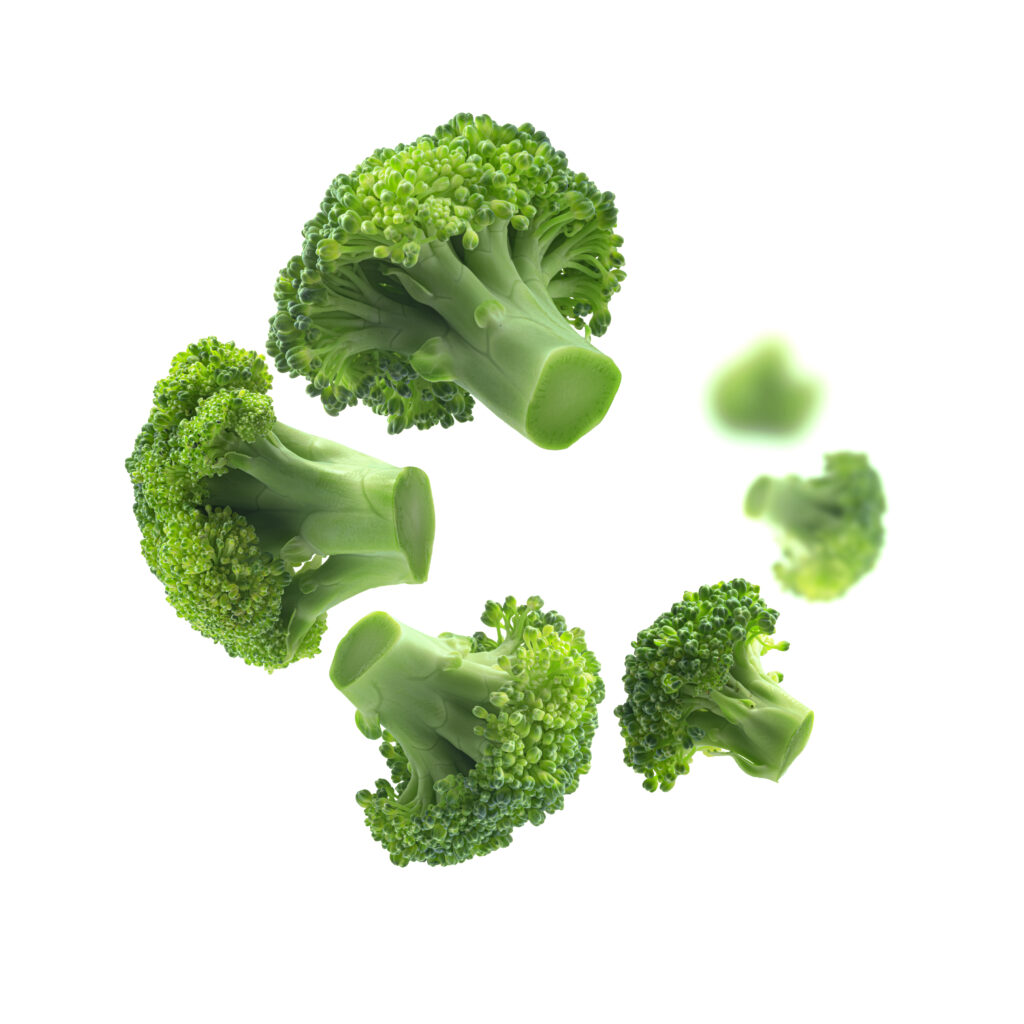
4. Avocados
Scientific data indicate that dietary components in avocados reduce both inflammatory markers IL-1β and CRP.
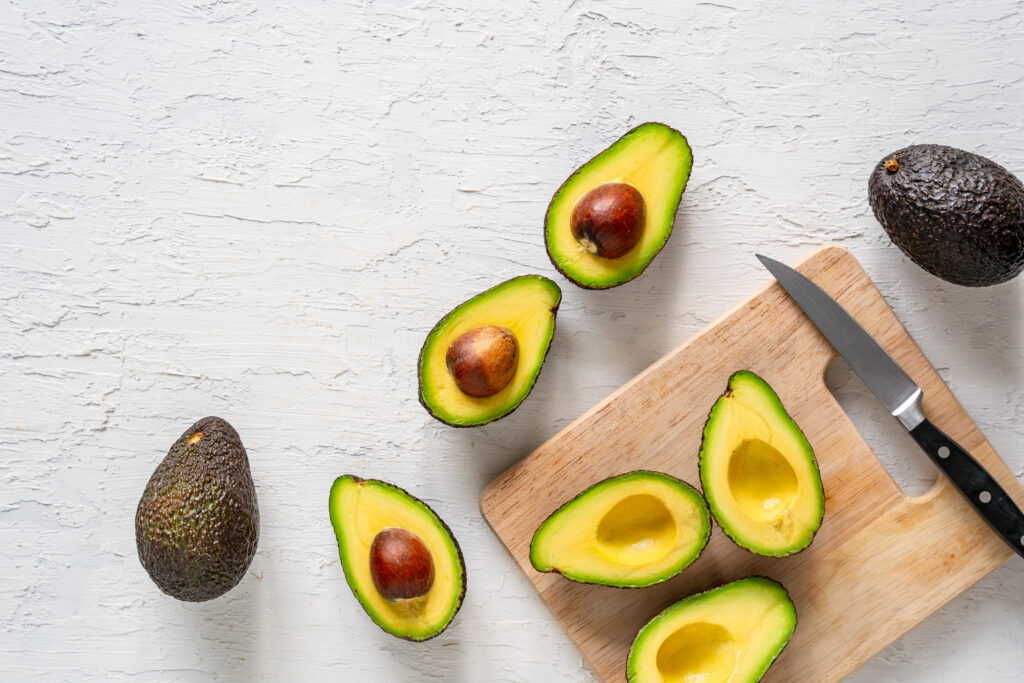
5. Extra Virgin Olive Oil
The Mediterranean diet contains the substance oleocanthal, which behaves as a similar anti-inflammatory agent to ibuprofen, according to research.
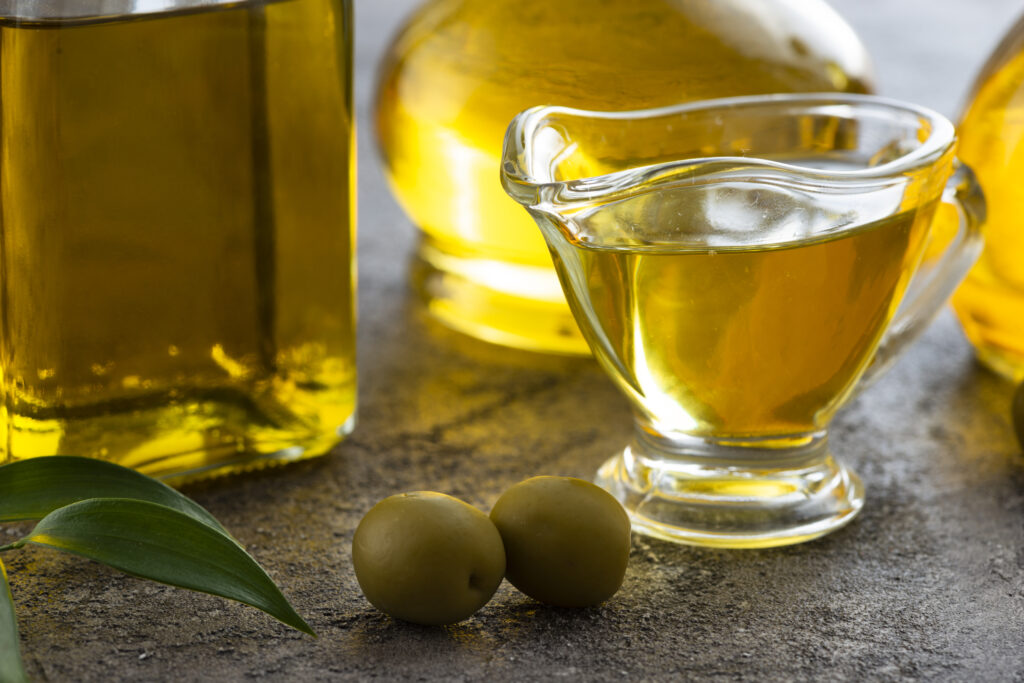
6. Turmeric
Diabetes and arthritis patients can benefit from curcumin as its main component combats inflammation in their conditions. The combination of black pepper along with piperine increases the absorption rate by 2000% according to a research study.
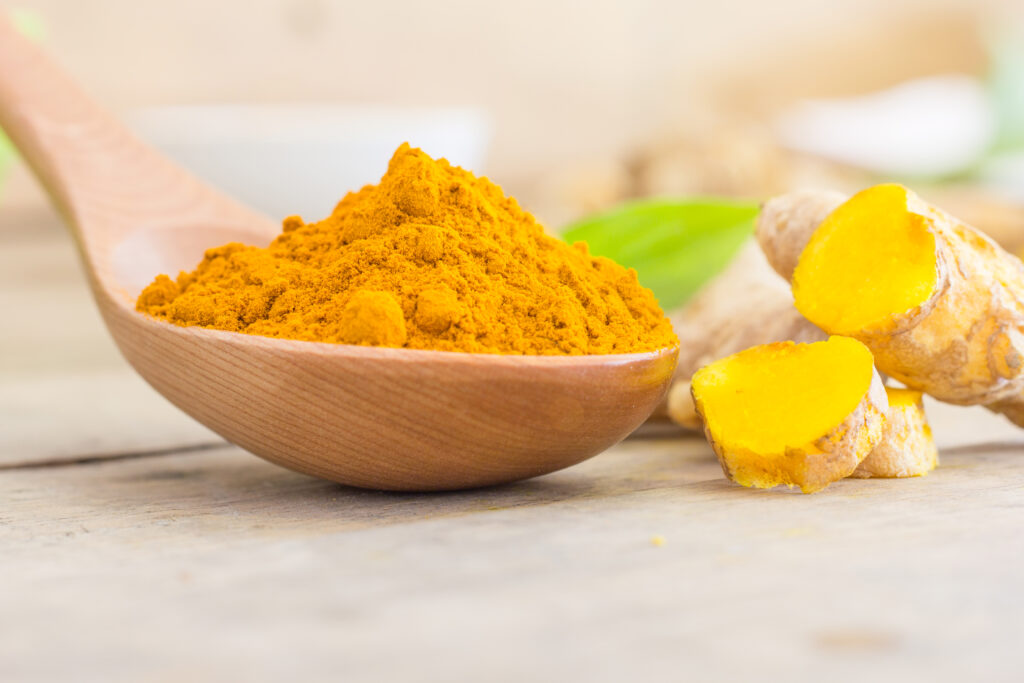
7. Mushrooms
The compound phenols, together with selenium found in portobello and shiitake mushrooms, function as anti-inflammatory agents.
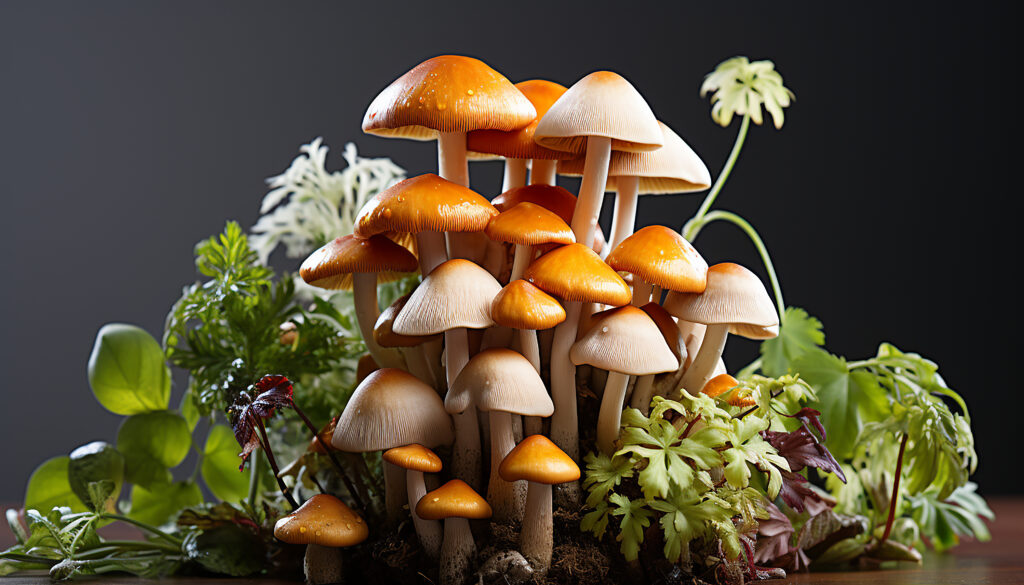
8. Grapes
The heart health benefits of grapes become possible through their resveratrol content, which helps decrease the inflammatory marker IL-6.

9. Dark Chocolate
High-cocoa chocolate contents of at least 70% contain flavanols, which help heart health and decrease inflammation levels.

10. Cherries
Tart cherries demonstrate a talent for reducing CRP levels in the body, yet they affect people differently.
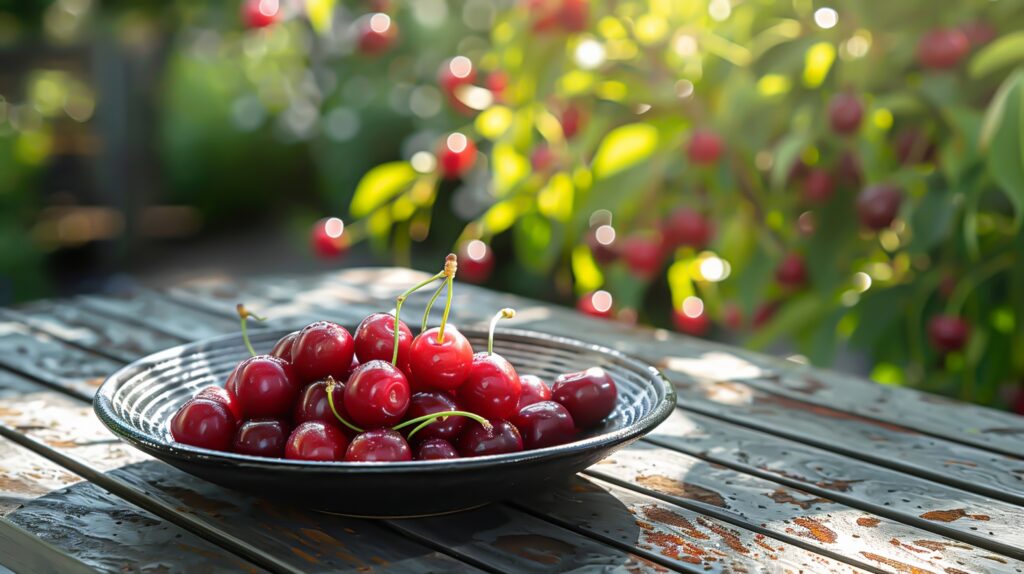
Beverages with Anti-Inflammatory Properties
- Green tea contains EGCG, which blocks inflammatory cytokines in the body.
- Turmeric Milk combines curcumin with healthy fats for maximum absorption.
Inflammatory Foods to Avoid
Limit or eliminate:
- Processed meats, such as bacon and hot dogs, tend to increase CRP levels in the body, according to research.
- Refined Carbs: White bread, pastries.
- Fried Foods: Fries, fried chicken.
- Sugary Drinks: Sodas, sweetened juices.
How to Incorporate Anti-Inflammatory Foods
- Meal Prep: Add berries to oatmeal, grill salmon, or snack on walnuts.
- Cook Smart: When preparing your meals, swap liquid olive oil instead of other types of oil.
- Spice It Up: Turmeric serves as a flavorful additive when added to smoothies or soups.
Health Benefits of an Anti-Inflammatory Diet
- The diet lowers the risk of heart disease, diabetes, and cancer.
- Gut health, together with mental well-being, improves through this diet.
- Supports healthy aging and weight management.
FAQS
Q1: What’s the fastest way to reduce inflammation through diet?
People wishing to fight inflammation should eat fillets of fish, berries, and leafy greens instead of manufactured foods.
Q2: Can dark chocolate really fight inflammation?
A2: Yes! Reducing inflammation requires dark chocolate with at least 70% cocoa content due to its flavonoids.
Q3: Is the Mediterranean diet anti-inflammatory?
The Mediterranean diet assures lower body inflammation because it includes olive oil, fish, and whole grains, which are known for decreasing inflammation markers.
Conclusion
Anti-inflammatory foods, including berries and fatty fish, along with turmeric, can be found within your diet and will help protect your body from chronic disease development. Health results best from the combination of a diet plan and inflammatory triggers.

I’m a 3rd-year MBBS student at Nowshera Medical College(KMU), passionate about medicine and sharing knowledge through writing. My goal is to grow as a skilled healthcare professional and contribute to the medical community.

















Superb ❤️
Helpful 💯
Informative
Very informative
Great stuff
I appreciate u for making these basic information about health
Surprisingly informative jan
Helpful ❤️
Very informative and helpful
Good
Absolutely thrilled to see how simply it is described .Everyone one should read it.
Well written atticle, really needed it❣️
Really the ocean is sealed in a jar🥰🥰
Very impressive 🥀
HelpFul
Too much informative and helpful.
Well written article
Informative 💯
❤
Very informative 😊